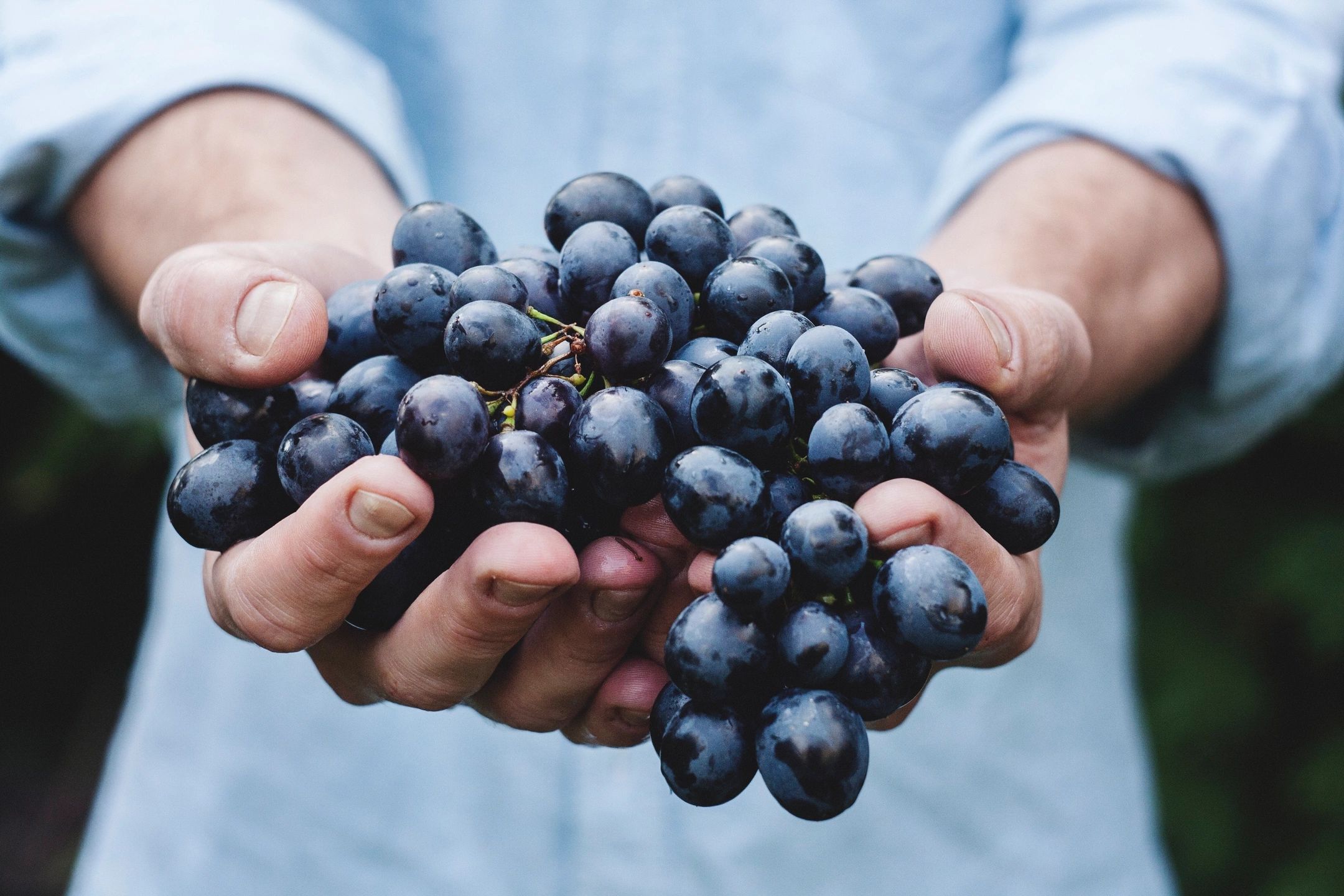In the realm of health and nutrition, the term “superfoods” has gained immense popularity, conjuring images of exotic berries, ancient grains, and potent green powders. These nutritional powerhouses are often hailed as miracle workers for our health. But what is the truth behind the hype? Are superfoods truly the key to optimal health, or are they just another marketing gimmick? Let’s dive deep into the myths and realities surrounding superfoods to uncover the facts.
What Are Superfoods?
Superfoods are nutrient-rich foods considered to be especially beneficial for health and well-being. Typically, they are packed with vitamins, minerals, antioxidants, and other nutrients that can support various aspects of our health, from boosting immune function to improving heart health. Examples include blueberries, kale, quinoa, and chia seeds. However, the term “superfood” is more of a marketing label than a scientific one, often used to highlight the superior nutritional value of these foods.
Common Myths About Superfoods
Superfoods Are a Cure-All
One of the most pervasive myths is that superfoods can single-handedly cure diseases or dramatically transform health overnight. While nutrient-dense foods can certainly enhance overall well-being, no single food can provide all the nutrients necessary for good health or cure diseases. Health is the result of a balanced diet and lifestyle.
Superfoods Are Always Exotic and Expensive
Many people believe that superfoods are exotic, rare, and come with a hefty price tag. This myth is perpetuated by the frequent promotion of foods like acai berries or goji berries, which are often expensive and not locally sourced. However, there are many affordable superfoods, such as spinach, apples, and beans, that offer significant health benefits without breaking the bank.
Superfoods Guarantee Instant Health Benefits
The idea that incorporating superfoods into your diet will lead to immediate health improvements is another common misconception. While these foods are nutritious, their benefits are most noticeable when consumed as part of a long-term, balanced diet. Patience and consistency are key to reaping the health rewards of superfoods.
The Reality of Superfoods
Nutrient Density and Balance
Superfoods are celebrated for their nutrient density, meaning they provide a high amount of nutrients relative to their calorie content. This can make them valuable components of a healthy diet. However, it’s important to balance these foods with a variety of other nutrient-dense options to ensure a well-rounded intake of essential vitamins and minerals.
Accessibility and Affordability
Contrary to popular belief, not all superfoods are expensive or hard to find. Many nutrient-rich foods are accessible and affordable. Local produce such as leafy greens, nuts, seeds, and whole grains can provide similar health benefits to their more exotic counterparts. Focusing on locally sourced and seasonal superfoods can also support sustainable eating practices.
Long-Term Health Benefits
The real power of superfoods lies in their contribution to long-term health. Regular consumption of these foods can help reduce the risk of chronic diseases, support mental health, and promote overall vitality. Integrating superfoods into a balanced diet, rich in a variety of nutrients, is key to achieving these benefits.
How to Incorporate Superfoods Into Your Diet
Practical Tips
Incorporating superfoods into your daily meals doesn’t have to be complicated. Start by adding a handful of berries to your morning cereal, tossing some spinach into your smoothie, or using quinoa as a base for salads. Experiment with different superfoods to find what you enjoy and what fits into your routine.
Easy Recipes
Here are a few simple recipes to help you get started:
- Berry Smoothie Bowl: Blend frozen berries, a banana, and a splash of almond milk. Top with chia seeds, sliced fruit, and a sprinkle of granola.
- Quinoa Salad: Mix cooked quinoa with chopped vegetables, a handful of spinach, and a light vinaigrette. Add some nuts or seeds for extra crunch.
- Kale Chips: Toss kale leaves with olive oil and a pinch of salt. Bake at 350°F (175°C) for 10-15 minutes until crispy.
Conclusion
Superfoods can be a valuable addition to a healthy diet, offering a wealth of nutrients that support long-term health and well-being. However, it’s important to approach them with a realistic perspective, recognizing that no single food can provide all the answers to our health needs. By focusing on a balanced diet rich in a variety of nutrient-dense foods, we can truly harness the benefits of superfoods and enjoy a vibrant, healthy life.
Please like, comment, and share this article if you found it helpful and
informative.
Visit https://bigtownbulletin.com if you would like to see more of this content.
Please like, comment, and share this article if you found it helpful and
informative.
For more news check out Big Town Bulletin News
For more from Big Town Bulletin check out Big Town Bulletin


